
Science reporting on climate change does lead Americans to adopt more accurate beliefs and support government action on the issue – but these gains are fragile, a new study suggests.

Science reporting on climate change does lead Americans to adopt more accurate beliefs and support government action on the issue – but these gains are fragile, a new study suggests.
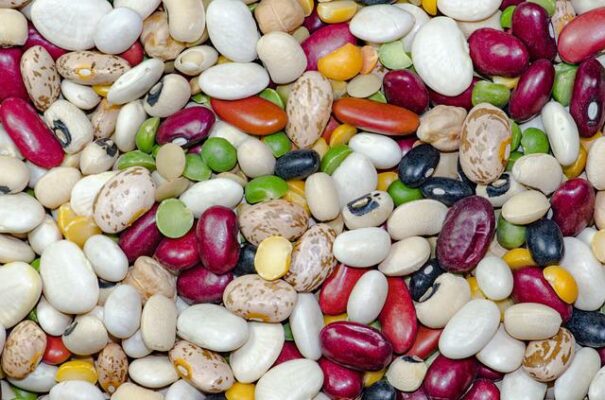
The researchers have evaluated the impact of the effects of climate change on vital parameters of bean varieties, such as their morphology, reproduction, production, and phenology. Thus, they have detected some very sensitive types to variations in their conditions of origin. These others perform better with the increase in temperature, and others are highly resilient to any change.

Low-cost “tree fitbits” can pinpoint the precise timing of tree activities, like spring bloom or autumn leaf change, according to a new study. Researchers outfitted two ash trees with high-resolution accelerometers, efficiently tracking how the trees responded to changing seasons.

Many countries have set carbon neutrality as a policy goal, but according to a new study by an international team of researchers from Austria, Japan, and the US, there are various risks associated with the reduction of greenhouse gases, especially in the agriculture, forestry, and land use sectors, that need to be considered when formulating mitigation strategies.

Local and Indigenous communities warn of a significant decrease in the abundance of wild edible plants and mushrooms that negatively impacts their nutrition and food security, from local to global scales.
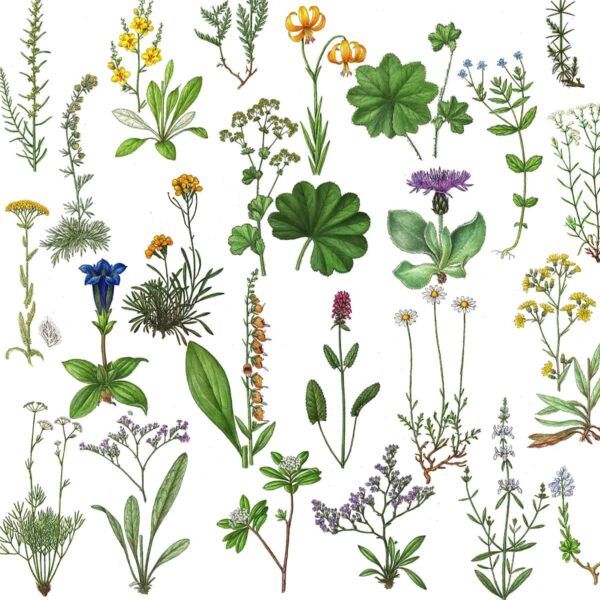
Seven to nine percent of all vascular plant species occurring in Europe are globally threatened. The researchers combined Red Lists of endangered plant species in Europe with data on their global distribution. It helps assess the overall level of threat to plant species and thus supports the basis of international nature conservation activities.
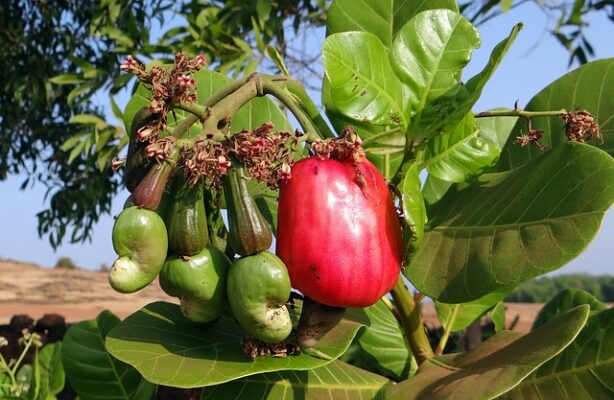
First-of-its-kind analysis suggests declines in land suitability in most major producing countries. A new analysis predicts that, as climate change progresses, the most suitable regions for growing coffee arabica, cashews, and avocados will decline in some of the main countries that produce these crops.
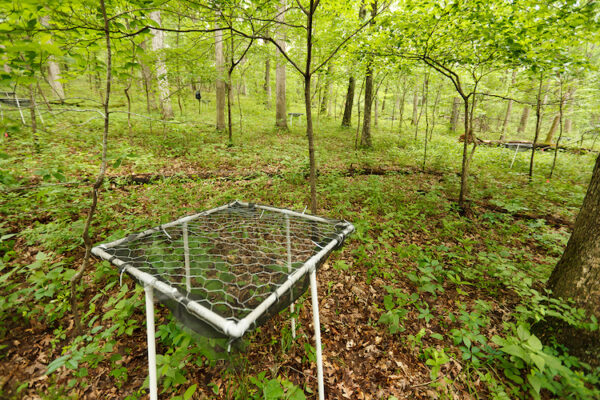
A new study provides key insights into how and why tree populations migrate in response to climate change at the continental scale.
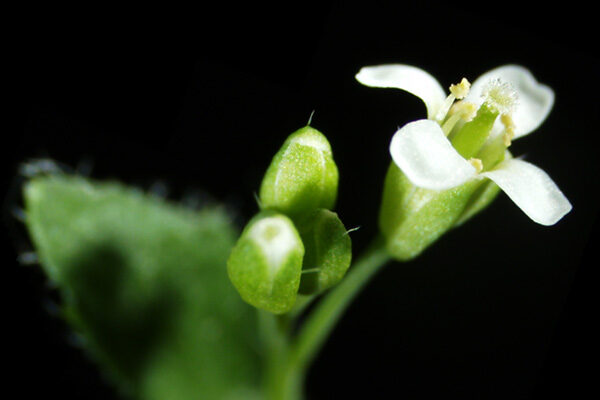
Feeling the heat: Steroid hormones contribute to the heat stress resistance of plants. Plants, like other organisms, can be severely affected by heat stress. To increase their chances of survival, they activate the heat shock response, a molecular pathway also employed by human and animal cells for stress protection. Researchers have now discovered that plant steroid hormones can promote this response in plants.

Scientists have developed ways to decipher effects of the CO2 rise during the past 100 years on metabolic fluxes of the key plant species in peatlands, mosses.